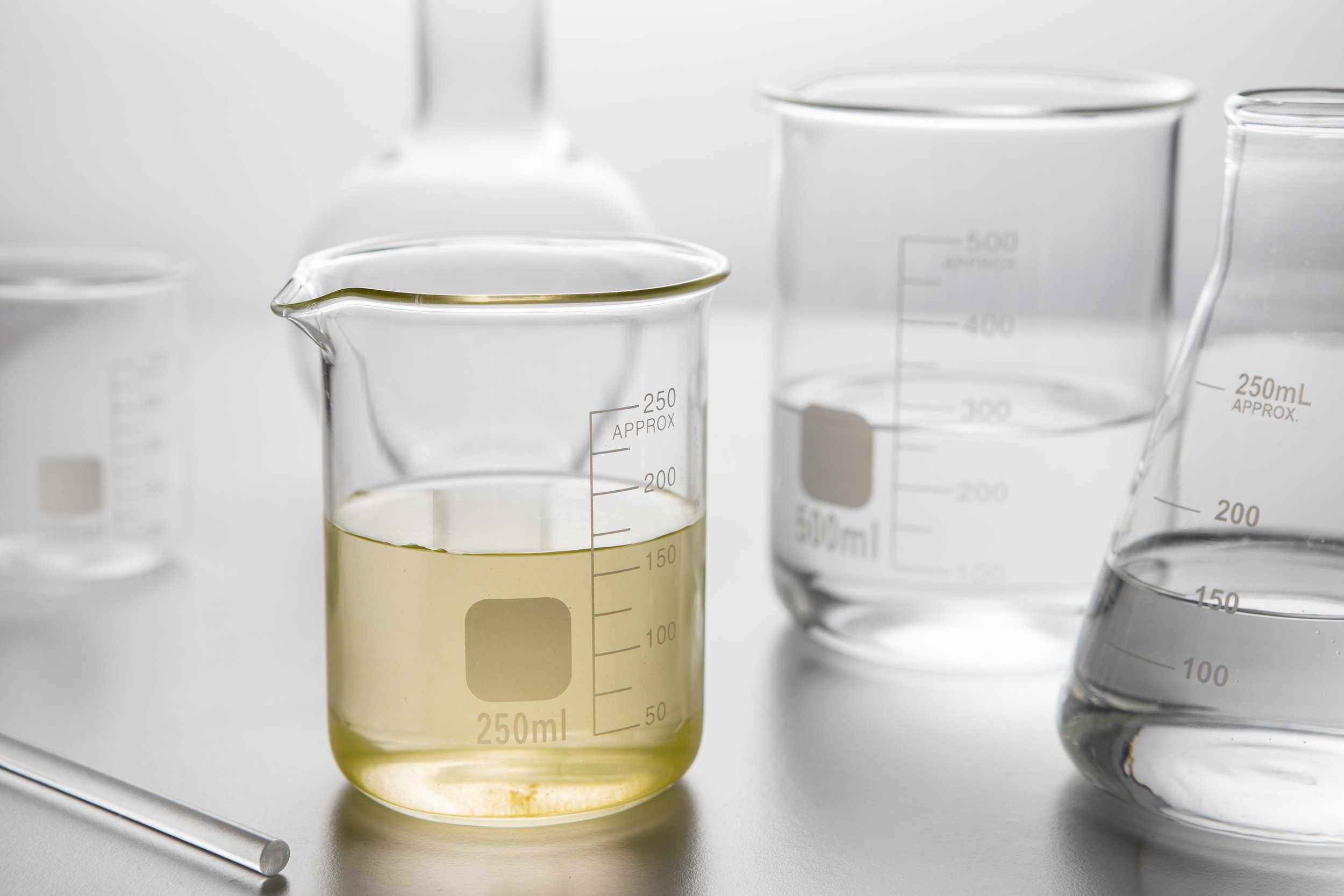
Welcome to the Ronneau Lab
We are studying the adaptability of pathogenic bacteria during infection
Upon entering the host, pathogenic bacteria must overcome numerous obstacles. For example, those that enter our body orally are quickly exposed to antimicrobial substances present in saliva. After being swallowed, they encounter the acidic environment of the stomach. Upon reaching the intestines, they must contend with variations in oxygen levels, antimicrobial substances, and bile salts. Additionally, they must defend themselves against the host’s immune system, which can impose oxidative stress. Bacteria that grow inside host cells face further challenges, as the host can sequester essential nutrients needed for their growth.
To survive and proliferate, pathogenic bacteria must adapt to the host environment. This is the focus of our research in the lab.
Illustration highlighting a macrophage (center) engulfing a bacterium (lower right).
The macrophage appears in blue and purple, with its cell membrane shown in shades of green and blue as it interacts with the green bacterial cell wall. Inside the bacterium, the cytoplasm is depicted in purple, and the DNA is represented in red-orange.
Credit : David Goodsell




